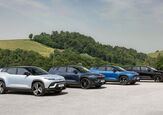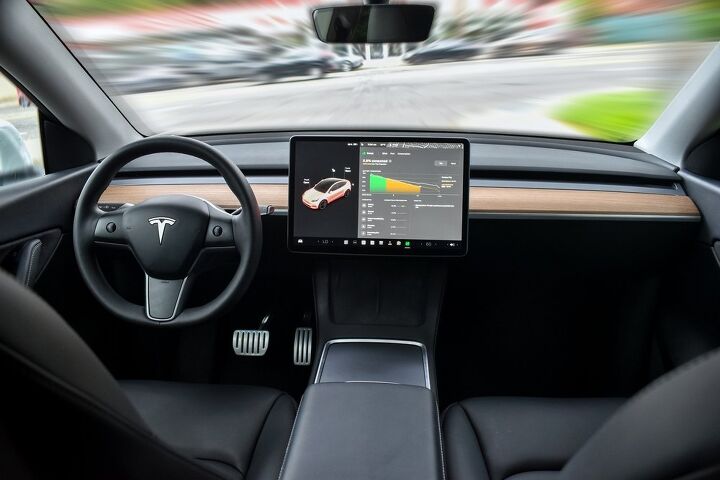How the World Views Autonomous Vehicles
In a recent global survey conducted by Maison Law, a personal injury law firm based in Fresno, California, the levels of trust and comfort with autonomous vehicles were explored across different countries. The survey aimed to understand the global perceptions and readiness for sharing roads with these technologically advanced vehicles.
Varied Trust Levels Across Countries
The study revealed a diverse range of trust levels among the populations of various countries. Notably, individuals from China, Russia, and the United Arab Emirates (UAE) exhibited the highest trust in autonomous vehicles. The survey showed that more than 80 percent of respondents from these countries are comfortable with the idea of sharing the roads with autonomous vehicles.
Conversely, the United States, Japan, and South Korea demonstrated lower levels of trust. In these countries, approximately half of the survey participants expressed discomfort with the presence of autonomous vehicles on the roads.
Country-Specific Findings
- United Arab Emirates – 88 percent
- United States – 57 percent
- Germany – 71 percent
- United Kingdom – 74 percent
- Israel – 66 percent
- China – 94 percent
- Canada – 60 percent
- Australia – 63 percent
- Japan – 52 percent
- Russia – 89 percent
- South Korea – 52 percent
Implications and Future Directions
The survey's findings suggest a broad spectrum of public trust in autonomous vehicles, influenced by geographical and possibly cultural factors. These variations indicate the need for tailored approaches in the introduction and integration of autonomous vehicles within different societies.
Understanding these perceptions is crucial for policymakers, automotive manufacturers, and technology companies as they navigate the complexities of introducing autonomous technologies to the public. Building trust through transparency, safety assurances, and public education will be key to fostering a harmonious coexistence between autonomous vehicles and human drivers.
This article was co-written using AI and was then heavily edited and optimized by our editorial team.
More by TTAC Staff
Latest Car Reviews
Read moreLatest Product Reviews
Read moreRecent Comments
- SilverCoupe My wife had wanted one of these, but I influenced her to get a "big" car instead, a Mini Cooper S. I found the Abarth too rough riding, though the one we test drove had had its suspension modified by its owner.
- SPPPP I am not thrilled for the inevitable false positives. Though that's certainly better than false negatives in the abstract - but people are supposed to be paying attention anyway. Seems like one more step toward a robotic, commoditized future. Bleh.
- SPPPP I like it, though price seems a bit high, especially for an automatic. But it's in CA, so it's probably par for the course.
- Arthur Dailey Incredibly we have 2 employees who own Fiats. A 500 and a 500L and they both have had positive ownership experiences. However they are also both skilled maintenance mechanics, trained in Europe, and perform much of the maintenance on their vehicles themselves.Perhaps that is the key?
- 28-Cars-Later I'll bid $600 but that's my final offer.


































Comments
Join the conversation